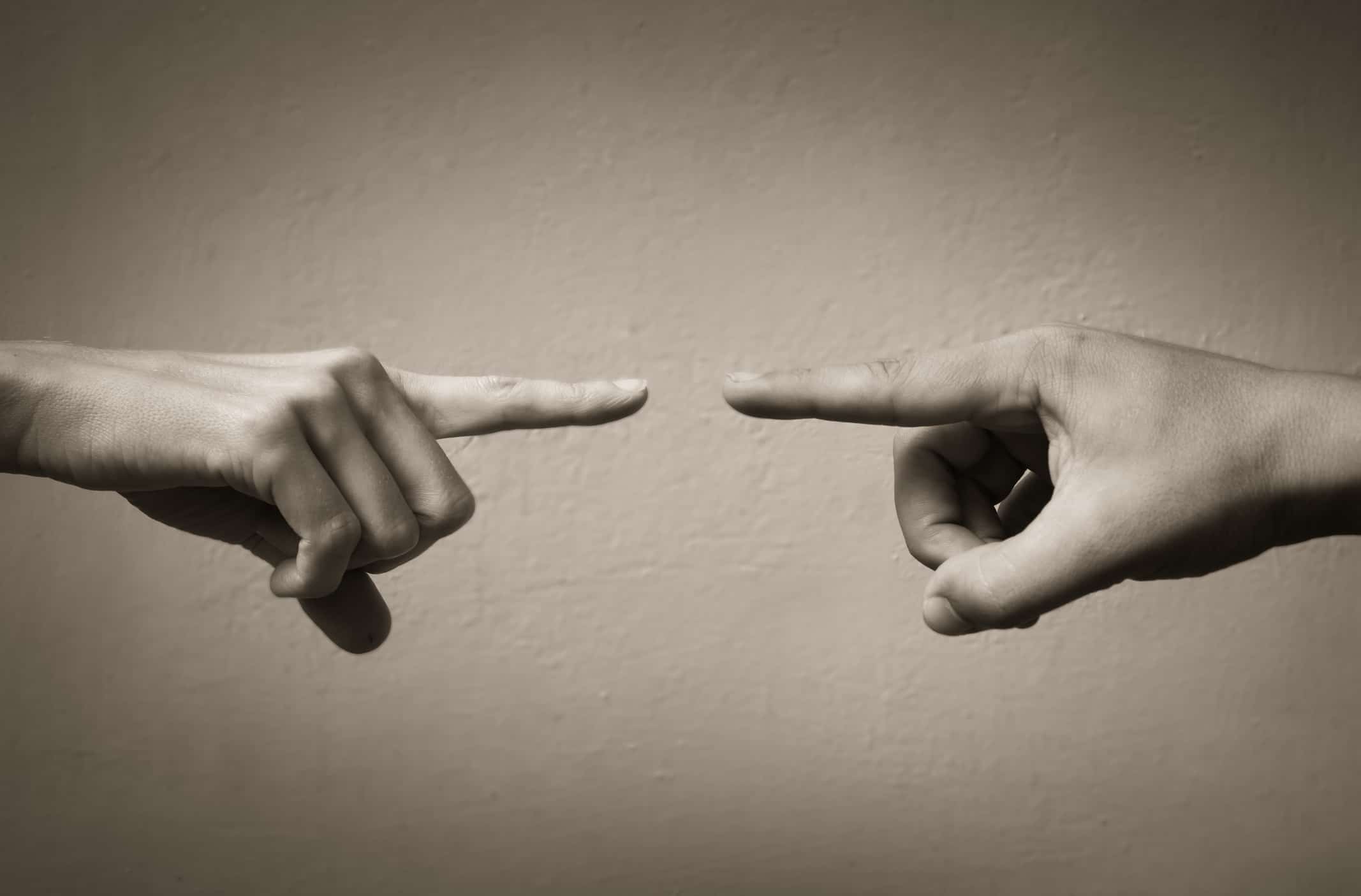People suffering from addictions often blame others for their troubles. Addicts find it easy to ignore responsibility for their actions and avoid confronting the challenges associated with admitting and recovering from their addiction. One thing addiction experts know for sure is that the blame game has to come to an end for recovery to begin.
How Blame Can Be Harmful
Addicts will blame everyone but themselves for their addiction. The misplaced blame often comes from the addict’s past, for example, an alcoholic father, an abusive mother, struggles with depression, etc. While external factors can contribute to addiction, they are not fully to blame, and addicts must realize that they themselves are responsible for their addiction. Others may have encouraged or even influenced choices that led to addiction but ultimately the addict makes the decisions – however hard or easy they may be.
About Taking Responsibility
An important first step in recovering from addiction is leaving the blame behind. One of the first steps in recovery is to take responsibility for his or her actions. Addicts must learn to accept that they have an addiction. Admitting and accepting mistakes made in the past and realizing that they could be seen as valuable learning experiences can help on the road to recovery.
Our message to addicts is that although you may have been through challenges, like a traumatic past or health issues, these experiences do not define you. Learning to stop blaming others for your situation can be tough, but it is a necessary step for recovery. For addicts who are ready to get the help they need, taking responsibility for their actions is crucial. We can help you take that step.
Free by the Sea encourages addicts or people impacted by a loved one with an addiction in the Pacific Northwest, including Washington (Vancouver), Oregon (Portland), Alaska and surrounding areas to contact us for guidance and assistance.

Dr. Richard Crabbe joined our team in 2019 as our psychiatrist and medical director. He attended the University of Ghana Medical School where he became a Medical Doctor in 1977. From 1978 through 1984, he was a medical officer in the Ghana Navy and provided a variety of services from general medicine to surgeries. He received his Certificate in General Psychology from the American Board of Psychology and Neurology in 2002.

 November 2nd, 2017
November 2nd, 2017










